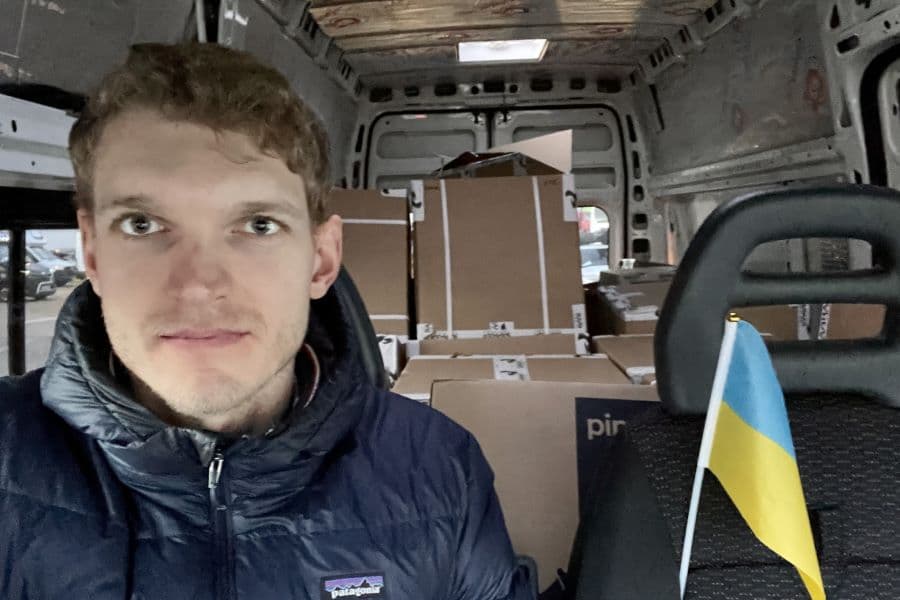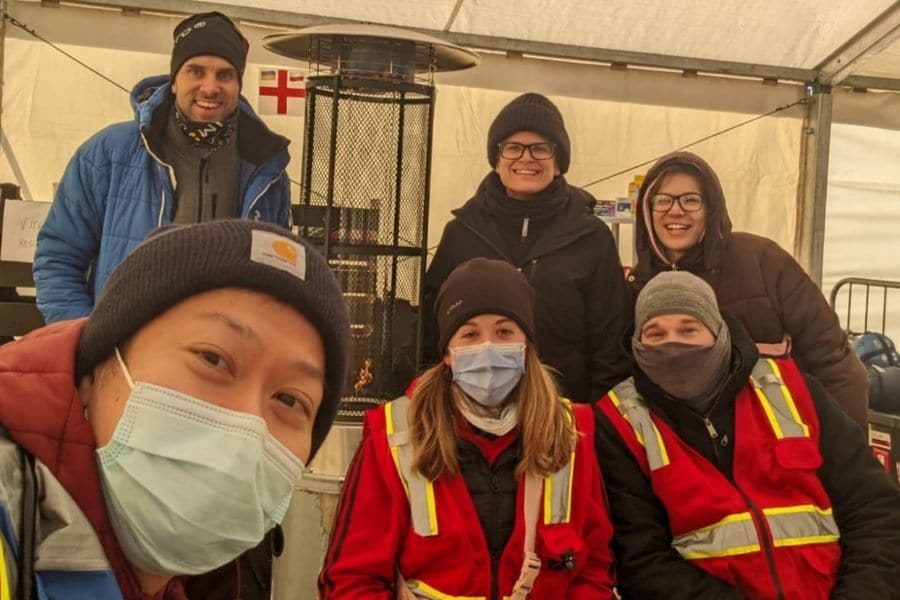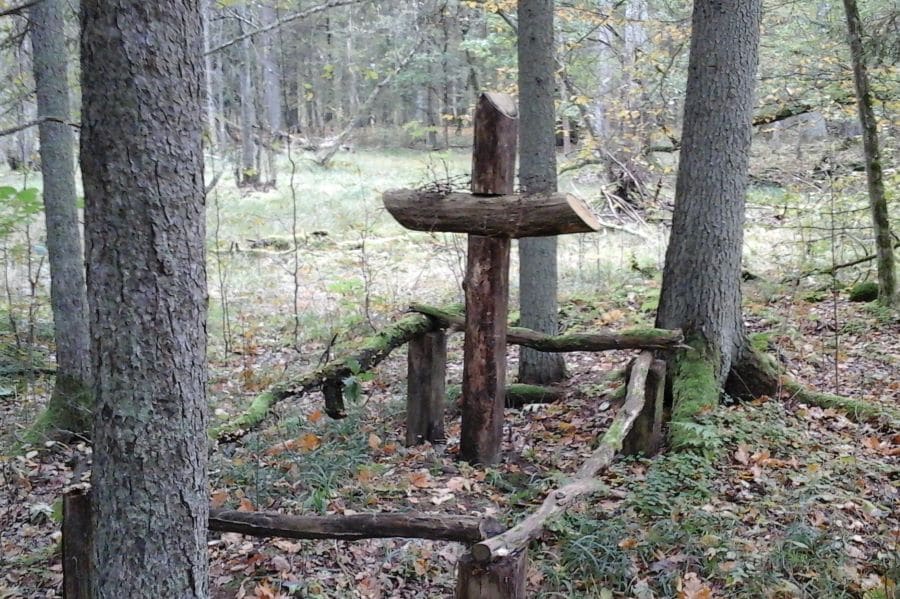
by Karolina Krakowiak | 3 Nov 2023 | Decoders, Educators' Catalog, History, Poland, Politics
Polish voters in three different political parties united to wrest control of the government from the conservative Law and Justice party. What happens now? People gather at a rally conducted by the opposition party ahead of the general election in Warsaw, Poland on 1...
Parliament, propaganda and political parties in Poland. In this Decoder, guest writer and former ND intern Karolina Krakowiak reflects on democracy in her home country — and the immense power of voting as a means to change.
Exercise: After reading the article, have a discussion about civic engagement with your class. What does that look like in your country? How can young people get involved in improving the world around them? Why might some be disillusioned with the political system they are a part of? Then, divide students into groups of 3-4. Each group will come up with a slogan to encourage civic engagement in your local community. The class will vote on the best one.

by Jeffrey Mo | 20 Jun 2022 | Educators' Catalog, Ukraine, University of Toronto Journalism Fellows
Dmytro Shelukhin is a Ukrainian working for a UK investment bank. But like many émigrés, he is finding meaning helping his home nation fight Russia. Dmytro Shelukhin on the way to Ukraine with war materiel (photo courtesy of Dmytro Shelukhin) For the past eight years,...
Like many big global news stories, the war in Ukraine has released a tsunami of ink, making it difficult for journalists to find a fresh angle. Jeffrey Mo, a fellow at the University of Toronto, manages to break new ground with a simple story about a Ukrainian émigré who sends war matériel to armed forces in his embattled home country. Mo lets Dmytro Shelukhin, a Ukrainian working for a UK investment bank, be the protagonist of the story, which discreetly underscores both the high stakes involved in the conflict and the depth of Ukrainian defiance.
Exercise: Ask your students to identify an issue dominating the news around the world – such as climate change or human rights – and to find a local angle. Then they should interview someone directly involved in the local matter and write a story capturing that person’s experiences and thoughts.

by Anthony Fong | 6 Apr 2022 | Europe, Personal Reflections, Ukraine
I’m a medic with a team helping Ukrainian refugees who are fleeing their country. Tonight, we hope we’ve given one young man a chance to survive. The author (bottom left) and colleagues from the Canadian Medical Assistant Team at the Krakovets border...

by Nela Piwonska | 31 Mar 2022 | Educators' Catalog, Europe, Human Rights, Realgymnasium Rämibühl Zürich, Student Posts, Ukraine, Youth Voices
More Ukrainians have fled to Poland than any other country. Like so many Poles, my relatives are doing what they can to help. Displaced Ukrainians on a Poland-bound train bid farewell in Lviv, western Ukraine, 22 March 2022. (AP Photo/Bernat Armangue) Here’s how...
The best journalists are good listeners. They hear the words of those worth listening to, and they offer the best quotes to their audience to give voice to the protagonists of the story. Many young writers have difficulty hearing and passing along those quotes. But Nela Piwonska of Realgymnasium Rämibühl Zurich is an exception to the rule and proves it with captivating quotes from relatives in Poland who are on the front lines of Europe’s latest refugee crisis. Against a heartbreaking backdrop of families fleeing war, Piwonska manages to offer an uplifting final quote: “The only positive change in my life is the realisation of how much good is left in people.”
Exercise: Divide your students into teams of two and have them interview each other and then write stories that are based primarily on quotes.

by Helen Womack | 11 Nov 2021 | Europe, Human Rights, Politics
Thousands of refugees are in limbo in a forest straddling Poland and Belarus, caught in a humanitarian vice that is raising tensions in Europe. A wooden cross in Białowieża forest in eastern Poland in 2016 (Photo by Helen Womack) In the ancient Białowieża forest in...





